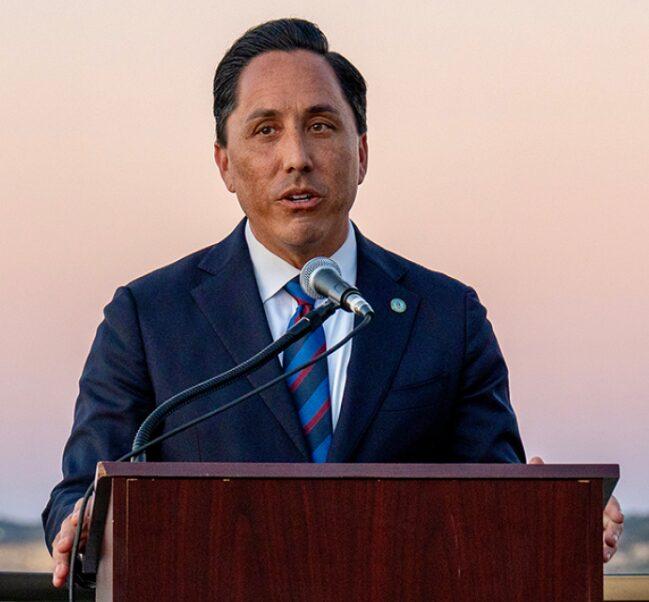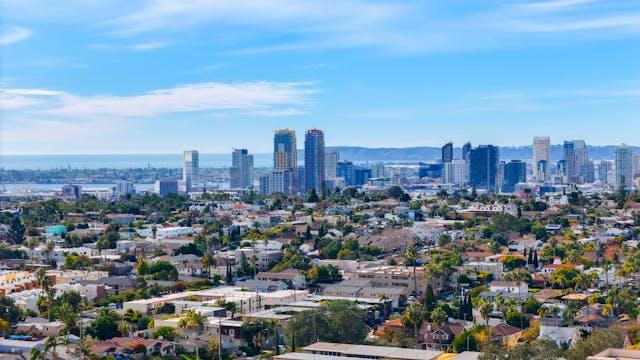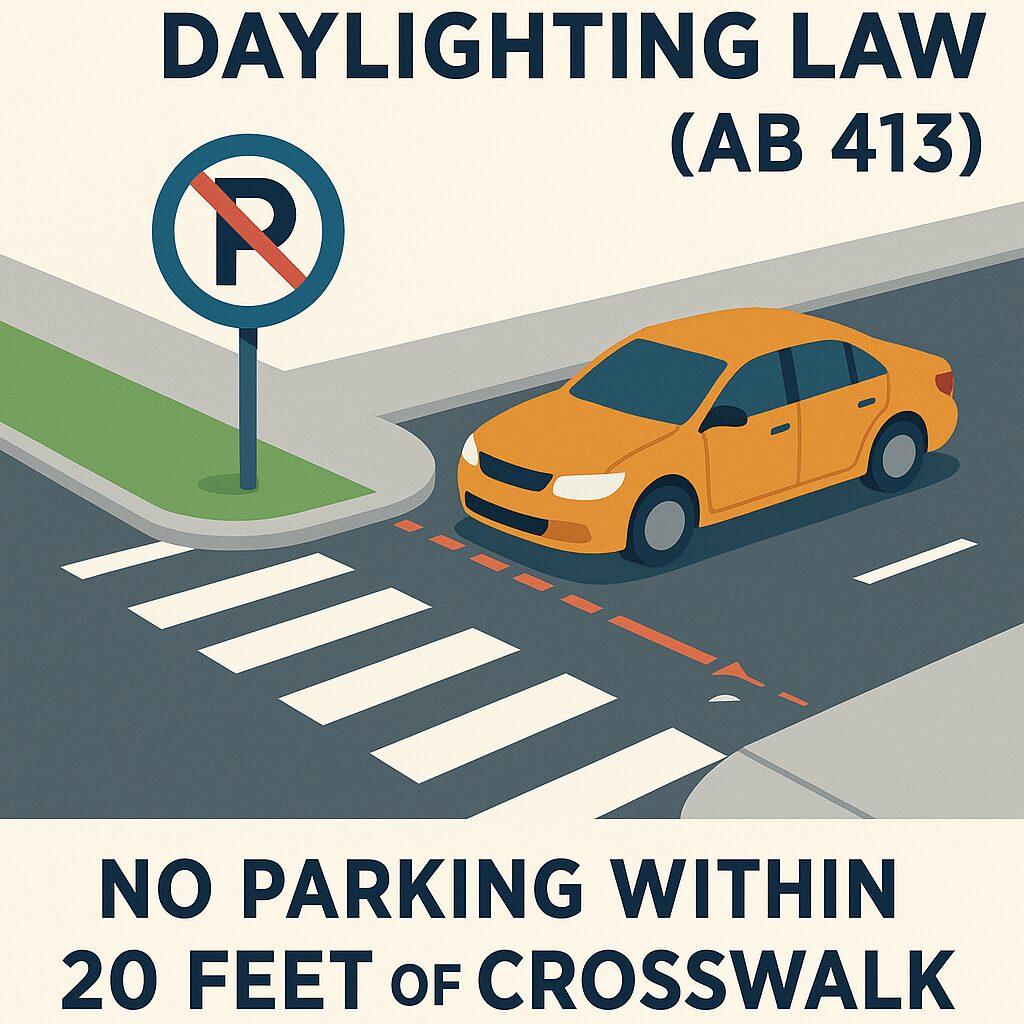Mayor Todd Gloria
Grassroots Movement Gains Momentum as San Diego Officials Push Back
LA JOLLA — The push to make La Jolla an independent city has cleared a critical hurdle, intensifying a political and legal battle that could reshape the governance and financial landscape of San Diego County.
The San Diego County Local Agency Formation Commission (LAFCO) voted to validate a citizen-led petition, allowing the effort to secede from the City of San Diego to proceed. The decision reverses an earlier determination by the county Registrar of Voters that the petition lacked sufficient valid signatures. With this reversal, La Jolla’s long-discussed secession bid is now poised for a formal fiscal review—a necessary step before any potential vote by the public.
Who’s Behind the Movement?
The effort is led by the Association for the City of La Jolla (ACLJ), a grassroots coalition composed of longtime residents, business owners, and community advocates. Among its most active leaders are Vice President Dian Kane and Treasurer Ed Witt, who argue that La Jolla deserves full control over its local governance.
Supporters of the movement say the affluent coastal community—known for its iconic coves, educational institutions, and cultural destinations—has long been underserved by San Diego’s central government. The ACLJ believes that independence would allow for better oversight of zoning, infrastructure, and environmental policies that align with La Jolla’s unique character.
“La Jolla generates more than $80 million in annual revenue for the city, and we’re not seeing proportional reinvestment,” said Kane in recent statements. “We want transparency, efficiency, and autonomy.”
Mayor Gloria Pushes Back
San Diego Mayor Todd Gloria has denounced the secession effort, calling LAFCO’s decision “outrageous” and legally questionable. In a strongly worded statement, Gloria said the city would issue a formal Letter of Objection and is exploring legal action to halt the process.
“La Jolla is a valued part of San Diego,” said Gloria. “We cannot allow selective disintegration of our city based on special interests and flawed assumptions.”
He warned that if La Jolla becomes independent, San Diego would no longer provide essential services to the area—including police, fire protection, sewage management, and landfill access—raising questions about how a new city would fund and establish its own infrastructure.
Pros and Cons of Secession
Proponents argue:
- Local Control: A separate government could better address community-specific needs and safeguard La Jolla’s environmental and cultural identity.
- Financial Independence: With a substantial tax base and tourist revenue, advocates believe La Jolla could thrive independently.
- Improved Services: Proponents say decisions about streets, parks, and public safety would no longer be delayed by bureaucratic citywide processes.
Opponents warn:
- Loss of Economies of Scale: Secession would eliminate shared services, requiring La Jolla to rebuild critical infrastructure at high cost.
- Regional Fragmentation: Critics fear that La Jolla’s departure could trigger other affluent enclaves to follow suit, fracturing the metropolitan area.
- Equity Issues: Some argue the move reflects economic segregation, as La Jolla’s wealth would no longer contribute to broader city initiatives.
Next Steps in the Secession Bid
With petition validation complete, LAFCO will commission a comprehensive fiscal analysis to determine whether La Jolla could viably sustain itself as a municipality. That report could take several months and will include projections for tax revenue, service costs, and administrative operations.
If the financial findings are favorable, the issue could head to the ballot—first requiring approval from voters in La Jolla, and potentially also from the broader San Diego electorate, depending on how the process is structured.
A Historic Moment in Local Politics
This is not the first time La Jolla has explored the idea of independence, but never before has the effort advanced this far. The clash now pits neighborhood pride against metropolitan unity, with implications for governance, equity, and identity in Southern California’s second-largest city.
As the fiscal review unfolds, both sides are mobilizing for what may be one of the region’s most consequential political fights in recent history.






